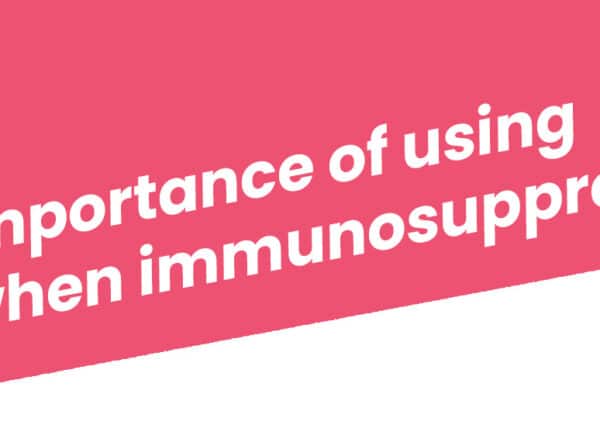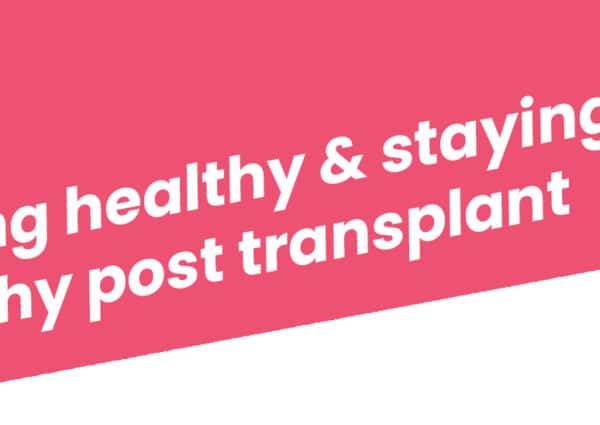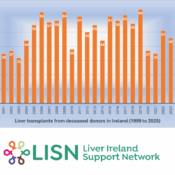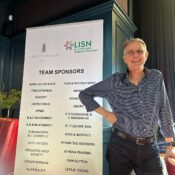- Home
- Tips
Tips
The importance of using SPF when immunosuppressed
In 2016, skin cancer was the most commonly diagnosed cancer in Ireland, with over 11,000
admin0 Comments
Tips on getting healthy & staying healthy post-transplant – A Patient’s Perspective
I think the key to doing well after transplantation is to try to return to
admin0 Comments
All Categories
Recent Posts
lisnadmin0 Comments
LISN press release on organ donation figures for 2025
lisnadmin0 Comments
One year on, Remembering our Co-Founder and Chairman, Brendan McAtamney
admin0 Comments




